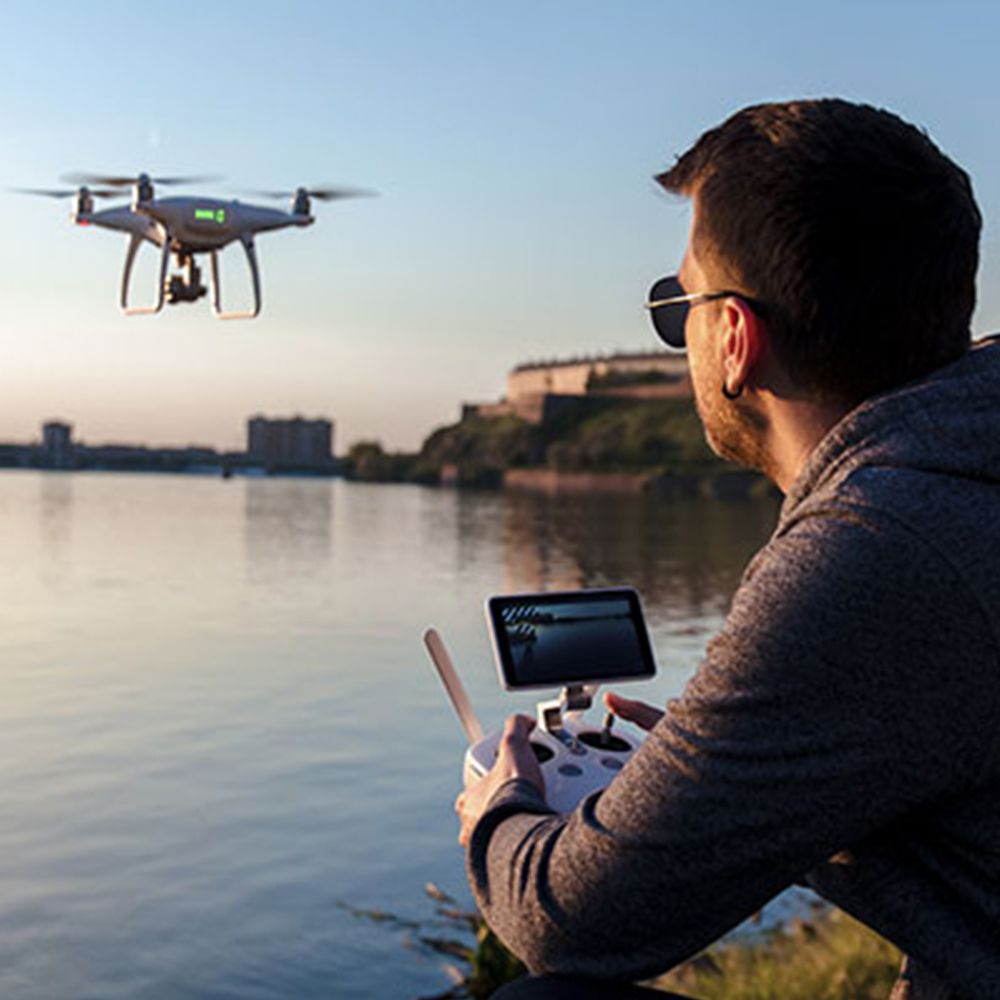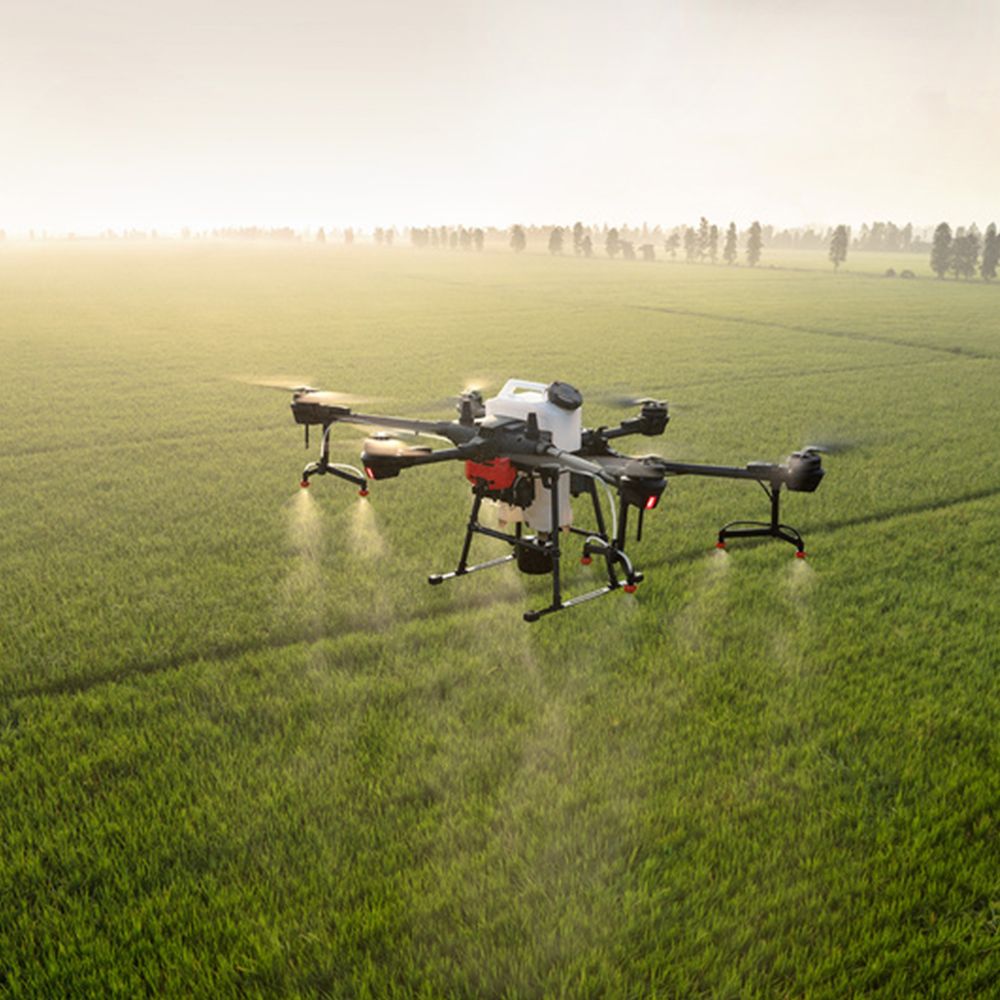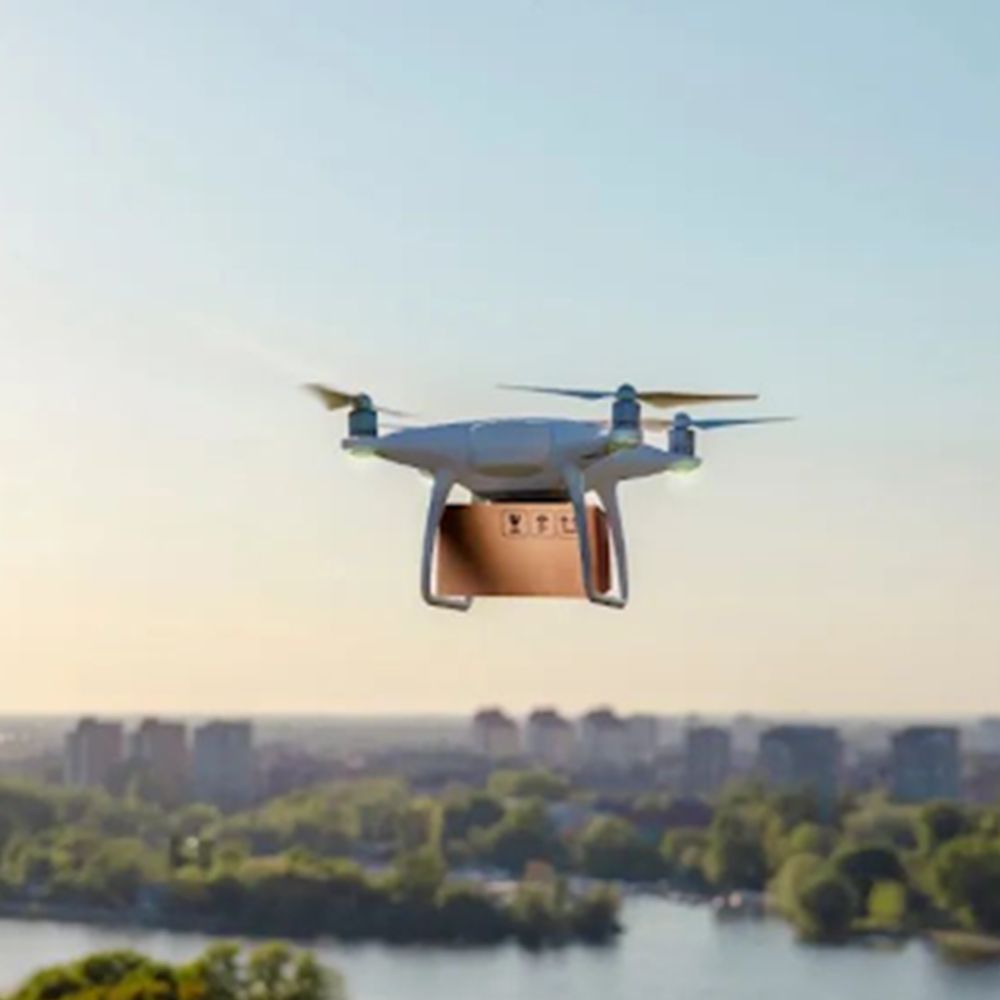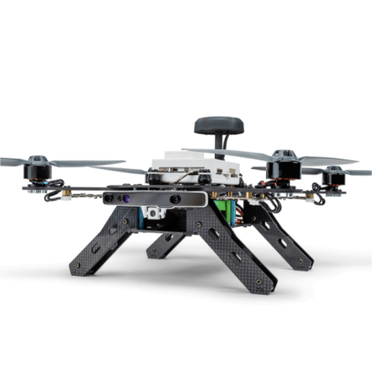Explore how cargo drones boost logistics with faster delivery, cost savings, and remote access, plus their role in crisis response.
The transport industry is transforming with the rise of cargo drones. These UAVs (unmanned aerial vehicles) are reshaping logistics and supply chains, especially after challenges from COVID-19 and natural disasters. In this blog, we’ll explore the impact of cargo drones on the sector, from boosting efficiency to solving logistical challenges. For more information on cargo drone technology, visit CAE’s cargo drone category.
The Impact of Cargo Drones on Logistics
- Increased Efficiency and Speed
- Cargo drones deliver goods faster than ground vehicles. Specifically, they fly directly to destinations, avoiding traffic and reducing delays. This speed is especially critical in crowded urban areas, where road traffic often disrupts deliveries. By bypassing these roadblocks, drones streamline supply chain operations.

- Cost Reduction
- Cargo drones frequently cost less to operate than traditional vehicles, especially for last-mile deliveries. Moreover, they use minimal fuel and can handle lighter loads, which lowers transport expenses. As companies adopt drone fleets, they save even more, particularly in hard-to-reach areas. Learn more about innovative cargo solutions at CAE.

- Accessibility to Remote Area
- Drones reach isolated areas effectively. During the COVID-19 pandemic, for instance, they delivered essential supplies like medical gear and food, ensuring no one was left behind even in crisis.

- Applications During COVID-19
- The pandemic highlighted the urgent need for fast logistics in emergencies. Cargo drones became increasingly crucial, swiftly delivering medical supplies, vaccines, and PPE to healthcare facilities and frontline workers.

- Vaccine Distribution
- Quick vaccine delivery was essential to control COVID-19. Drones effectively transported vaccines to remote sites, reaching underserved areas in record time.
- Delivery of Medical Supplies
- Hospitals faced high demand for supplies during the pandemic. Thus, drones quickly delivered ventilators, testing kits, and PPE, helping healthcare workers treat patients more effectively.
- Responding to Natural Disasters
- Beyond the pandemic, drones have proven invaluable in natural disasters, particularly in flood-prone regions.


- Rapid Response in Emergencies
In times of disaster, traditional logistics systems often break down. Fortunately, cargo drones bring fast aid to impacted areas, delivering food, water, and medical supplies to stranded people, saving lives and easing suffering. - Surveillance and Assessment
- Drones with cameras and sensors help assess damage after disasters. With real-time aerial views, emergency teams can better allocate resources and prioritize those in greatest need.
- Read more about the application of drones in disaster response here .
- Conclusion
- Cargo drones are truly transforming transport by increasing efficiency, reducing costs, and reaching remote locations. Their role in the COVID-19 pandemic and disaster response clearly shows their value in supply chain management. As technology progresses, drones are likely to become a staple in logistics, marking the start of a new era in delivery.
- Drones with cameras and sensors help assess damage after disasters. With real-time aerial views, emergency teams can better allocate resources and prioritize those in greatest need.

#facebook: Caeujt
#Instagram: caeujt
#Tiktok: drone7401
#Twitter: caeujtdrone
✈️✈️✈️✈️✈️





